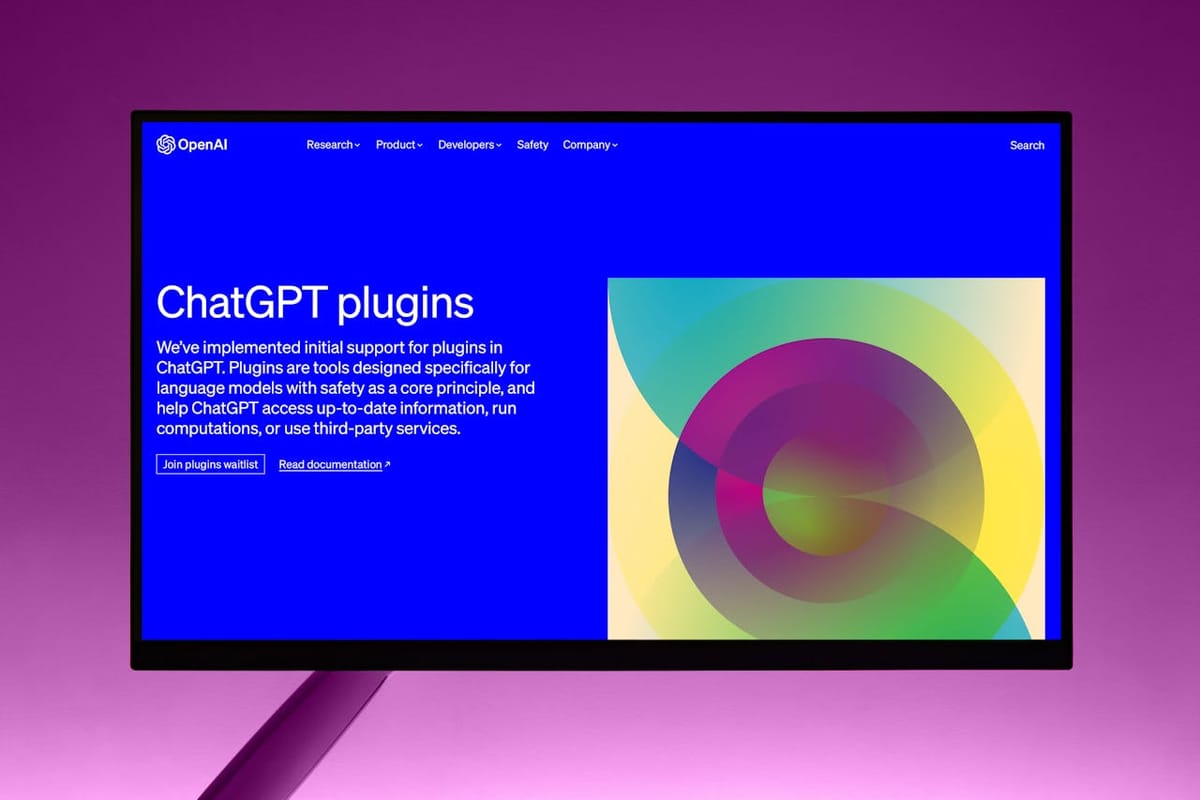Not Everything Needs to Be Smart: The Case Against Unnecessary Tech Gadgets
Table of Content
As, we’re witnessing the incoming of more and more devices infused with smart features. As both a doctor and a software developer, I appreciate the innovation behind these advancements, but I can’t help but feel that not every gadget needs to be “smart.”
When we try to squeeze advanced technologies, like artificial intelligence, into everyday items, it often results in added complexity without really enhancing their usefulness. Sometimes, simpler is better, and the essence of these tools can get lost in the process.

Smart Refrigerators: A Case Study
Take smart refrigerators, for example. These high-tech appliances can connect to the internet, keep track of groceries, and even suggest recipes based on what you have. While this may sound convenient, many users find that the novelty wears off quickly. Most people are perfectly capable of remembering their grocery list or checking what’s in the fridge before heading to the store.
The added complexity of managing a smart appliance, including potential software updates and connectivity issues, can create more frustration than convenience. Plus, the cost of these appliances is significantly higher than traditional models, raising the question of whether the extra features are worth it.

AI-Enabled Toasters: A Ridiculous Trend
Then there are AI-enabled toasters. Yes, you read that right. Some manufacturers have developed toasters that can adjust the browning level based on the type of bread you’re using. While it’s fun to imagine a toaster that knows your preferences, the truth is that most people can adjust the settings on a standard toaster without much thought.
The added complexity of a “smart” toaster can lead to more problems, such as connectivity issues or software bugs, rather than making breakfast a more enjoyable experience.

Wearable Health Tech: Overkill or Useful?
Wearable health technology, like smartwatches and fitness trackers, is another area where the smart trend can be questioned. These devices can monitor heart rate, track sleep patterns, and even provide insights into your daily activity levels.
While they can be beneficial for some individuals, particularly those with specific health goals, many people find them overwhelming.
The constant notifications, data tracking, and need for charging can lead to anxiety rather than empowerment. Sometimes, a simple analog watch or a regular pedometer is all you need to keep track of your time and activity levels without the added pressure.
Smart Home Devices: Convenience or Complexity?
The smart home movement is another example of technology that often crosses the line into unnecessary complexity. Devices like smart light bulbs, smart thermostats, and smart speakers can offer convenience, but they can also lead to a frustrating experience.
The requirement for apps, voice commands, and constant updates can create a burden rather than a benefit. If the primary function of a light bulb is to illuminate a space, why complicate it with connectivity features that may not enhance the experience?
The Allure of AI: Is It Always Necessary?
The push for AI in various products raises another concern. From AI-powered coffee makers that can learn your preferred brewing style to chatbots for customer service, the integration of intelligent features often feels more like a marketing gimmick than a genuine enhancement.
While AI has its place in solving complex problems or optimizing processes, its inclusion in simple devices often feels excessive. Sometimes, the traditional way is more straightforward and efficient.
Simplifying Our Lives: A Better Approach
As someone who appreciates the value of technology, I believe there is a balance to strike. The goal of innovation should be to simplify and enhance our lives, not to complicate them with unnecessary features.
Rather than striving to make every gadget “smart,” we should focus on creating tools that genuinely serve a purpose and improve our day-to-day experiences.
Please, Quality Over Complexity
In the end, not everything needs to be smart, and not every device requires AI. The growing trend of embedding advanced technology into everyday items can lead to a market flooded with gadgets that may sound appealing but often fall short in practical utility.
Instead of succumbing to the allure of the latest tech craze, we should consider whether these innovations truly enhance our lives or simply complicate them.
By prioritizing quality and simplicity over complexity, we can make more informed choices about the technology we bring into our homes and lives.








